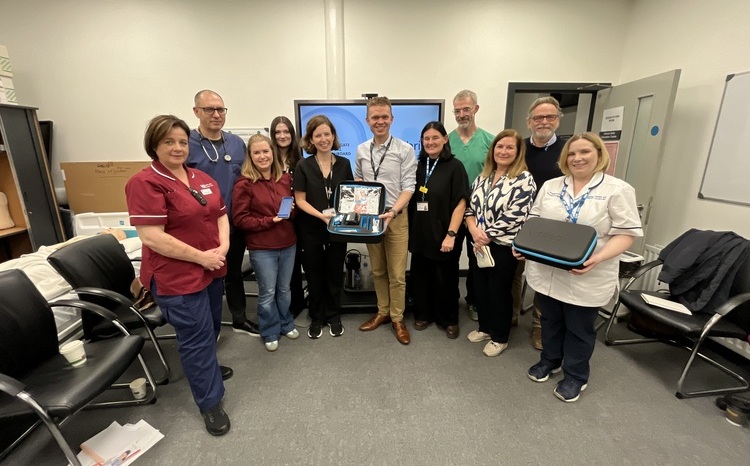London Cerner switch announcement imminent
- 7 July 2006
NHS acute trusts in the capital will next week receive letters from BT notifying them that it has terminated its contract with GE Healthcare and instead awarded a contract to Cerner to supply its Millennium clinical software to hospitals.
The imminent switch to Cerner, first reported by E-Health insider on 13 June, is expected to only cover acute hospitals. An announcement had been expected this week but was delayed by last minute wrangling between BT, GE, Cerner and NHS Connecting Health.
A spokesperson for CfH told EHI: “It remains media speculation.”
Industry and DH sources say that separate arrangements will be put in place for community services, mental health and primary care. Such a switch to Cerner would effectively end plans to deliver one fully integrated system to cover all aspects of NHS services in the capital – the central aim of the £12.4bn Connecting for Health Programme.
A switch to Cerner would also almost certainly initially lead to further delays in London.
BT told the Commons Public Accounts Committee (PAC) last month that it would deliver four acute patients administration systems by the end of the year.
The move would also mean that BT and NHS organisations would have to largely scrap the very large investment – estimated upwards of £100m – it has made in preparing to install IDX’s Carecast across the NHS in London.
IDX, which was bought by GE this January, was originally selected as the software supplier for both London and the South of England. Initially this was to be delivered as a single solution across both regions in a project led by BT. Last summer Fujitsu the local service provider in the South dropped IDX was dropped in favour of Cerner in the South. A year on London looks set to follow.
The switch of supplier comes two and a half years after BT was awarded a ten-year contract worth £996m to deliver an integrated clinical record system to NHS hospitals, community services and GP practices across London.
Delivery delays in the capital have meant that BT has so far earned just £1.3m from its London LSP contract.
BT has so far installed elements of IDX’s Carecast clinical software in just one hospital Queen Mary’s Sidcup. Two other trusts – University Hospital College and Chelsea and Westminster – have independently implemented IDX’s software.
By comparison only two London trust’s – Homerton and Newham hospitals – have so far implemented Cerner systems.
In the year since Cerner started working with Fujitsu in the South only the specialist Nuffield Orthopaedic Centre has so far gone live with Cerner Millennium. Fujitsu had originally hoped to go live at six sites by April 2006.
As a result of this limited progress, following EHI’s 13 June report, Conservative MP and PAC member, Richard Bacon last month wrote to health secretary Patricia Hewitt asking her to block any switch on NHS software provider in London.
He told EHI: "Given the performance of Cerner so far in the South of England, it seems rather hasty to appoint the company as the main software subcontractor for the NHS IT programme in London.”
Link
Cerner predicted to replace GE in London
Hewitt urged to block software switch in London




